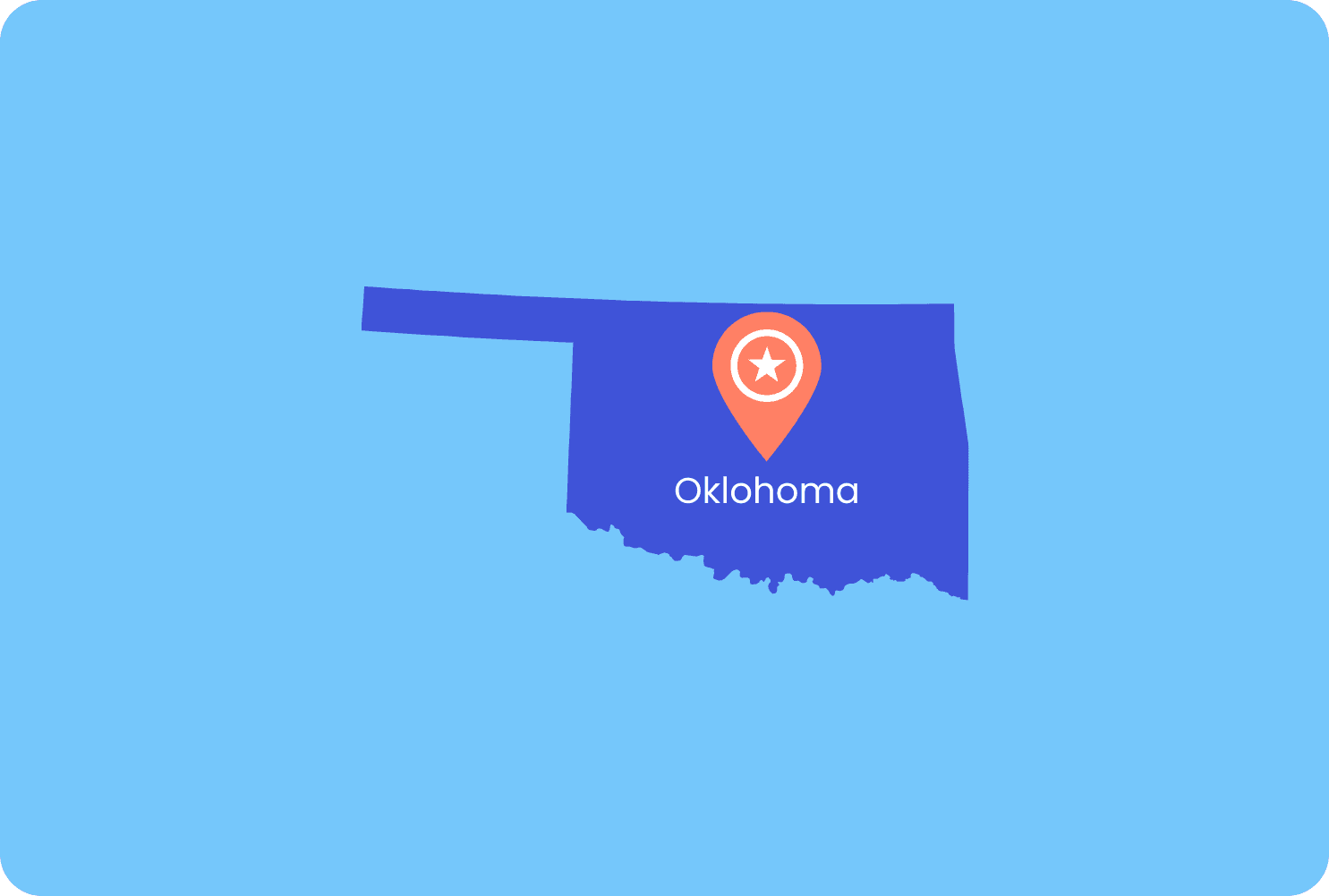Navigating the Maze of Medical Debt in Tennessee

Dealing with medical debt in Tennessee can feel overwhelming, but armed with the right information and resources, you can navigate this challenging situation. This guide provides practical advice and links to resources that can help Tennesseans manage and potentially reduce their medical debt.
Understand Your Bills and Your Rights
Review Your Bills Carefully: Errors can inflate your medical debt significantly. Always request an itemized bill and compare it with your records and insurance statements.
Understand Your Insurance Coverage: Knowing the specifics of your policy can help you identify charges that should be covered. HealthCare.gov offers guidance on understanding insurance bills and benefits.
Tennessee's Consumer Protection Laws: Familiarize yourself with your rights under state laws that protect against unfair billing and collection practices. The Tennessee Attorney General’s Office provides resources and assistance for dealing with debt collectors.
Strategies for Managing Medical Debt
Negotiate with Providers: Don't hesitate to contact your healthcare provider's billing department to discuss your bill and ask for a reduction or payment plan. Some hospitals have policies in place for reducing bills for uninsured patients or those with financial hardship.
Seek Assistance Programs: Explore programs like TennCare or other local charity care programs for help.
TennCare: TennCare is Tennessee's Medicaid program that offers health insurance to eligible individuals and families.
Charity Care Programs: Many hospitals in Tennessee offer charity care programs for patients unable to pay their medical bills. Contact your hospital’s billing department for information.
Consider a Medical Bill Advocate: Advocates can help negotiate your medical bills and navigate the insurance system. Organizations like the Patient Advocate Foundation provide services and support for patients dealing with medical debt.
Explore Debt Consolidation: This might be an option for managing debt from multiple sources. Websites like
NerdWallet offer guides on debt consolidation strategies.
Legal Avenues
Bankruptcy should be considered only as a last resort. The United States Courts website provides information on bankruptcy and how it affects medical debt.
Prevention and Future Planning
Health Savings Accounts (HSAs): Learn more about HSAs and how they can help you save for future medical expenses on the U.S. Treasury’s HSA page.
Preventive Care: Utilizing preventive care services covered by insurance can help avoid larger medical expenses.
Shop for Healthcare: The Healthcare Bluebook offers a way to compare healthcare services' costs, helping you make informed financial decisions.
Resources in Tennessee
TennCare: For information on eligibility and how to apply, visit the TennCare website.
Tennessee Department of Health: Tennessee Department of Health offers a directory of services and assistance programs available to Tennessee residents.
Legal Aid Society of Tennessee: Provides free legal assistance to eligible individuals, including support with medical debt.
Conclusion
Navigating the complexities of medical debt requires understanding your rights, knowing the resources available to you, and taking proactive steps to manage your debt. With the right approach and support, you can work towards resolving your medical debt and securing your financial well-being your financial well-being.
Read similar articles


Not convinced you love us. We love a challenge.
Your satisfaction is guaranteed. Learn more about our Refund Policy.


















